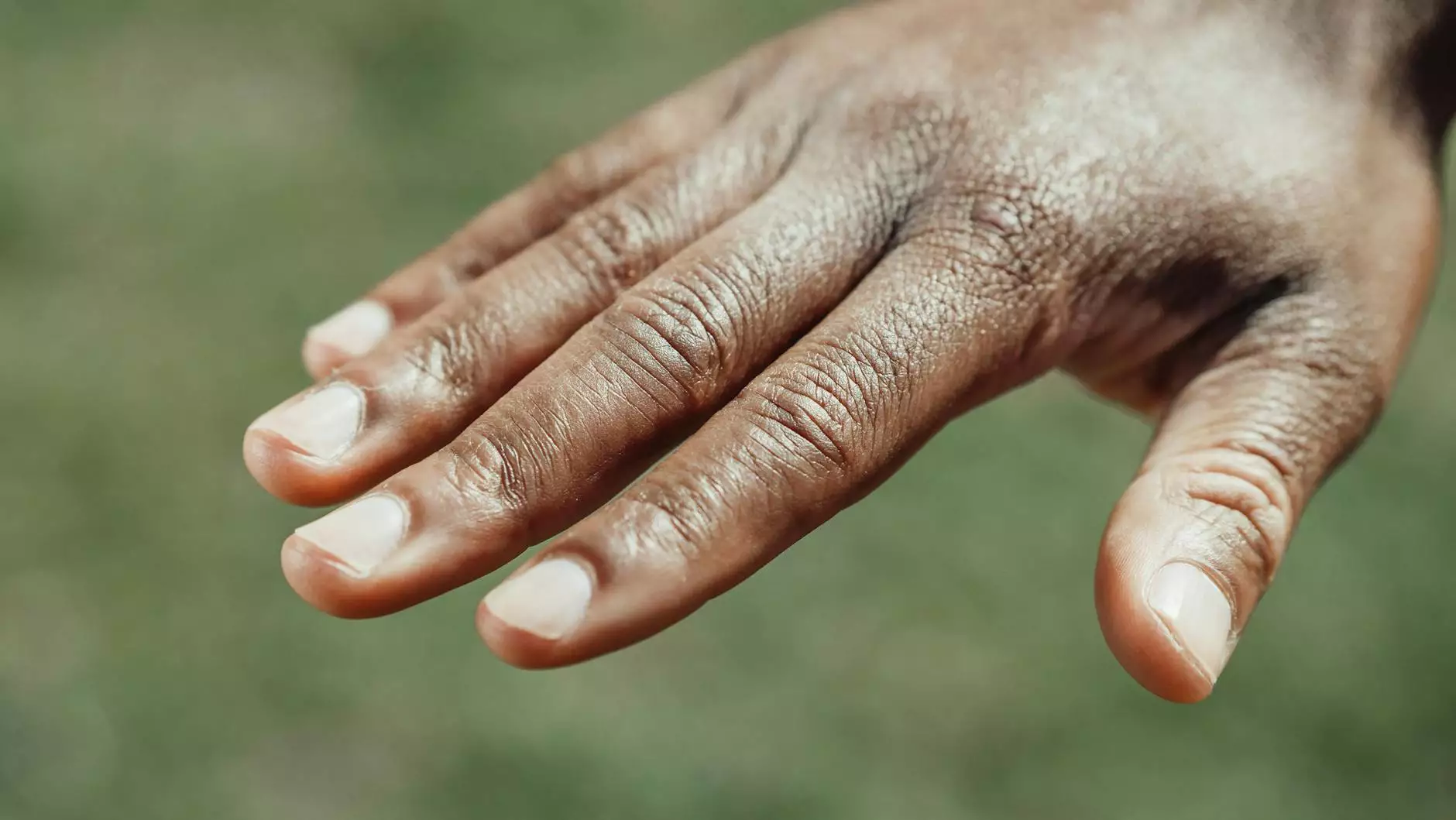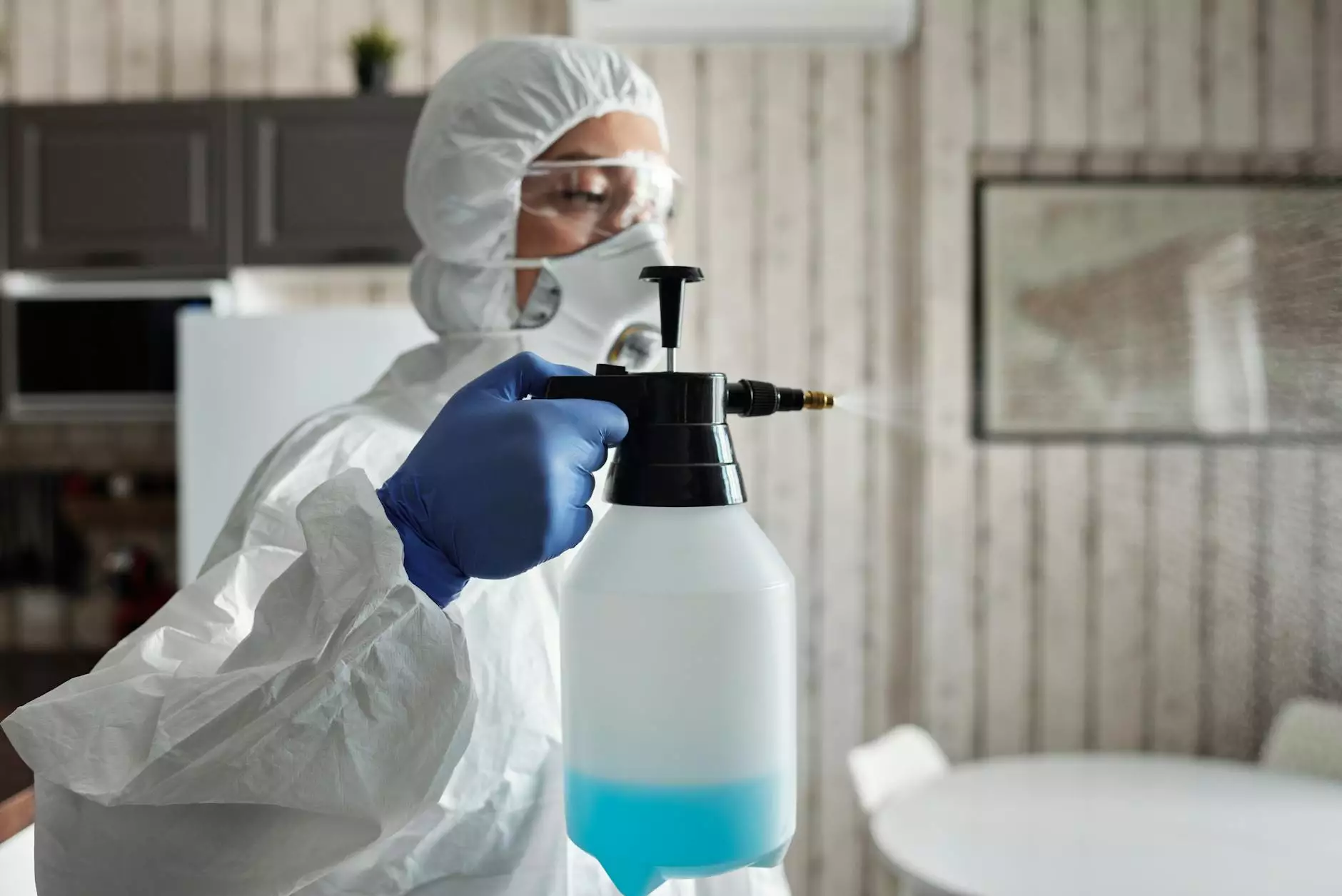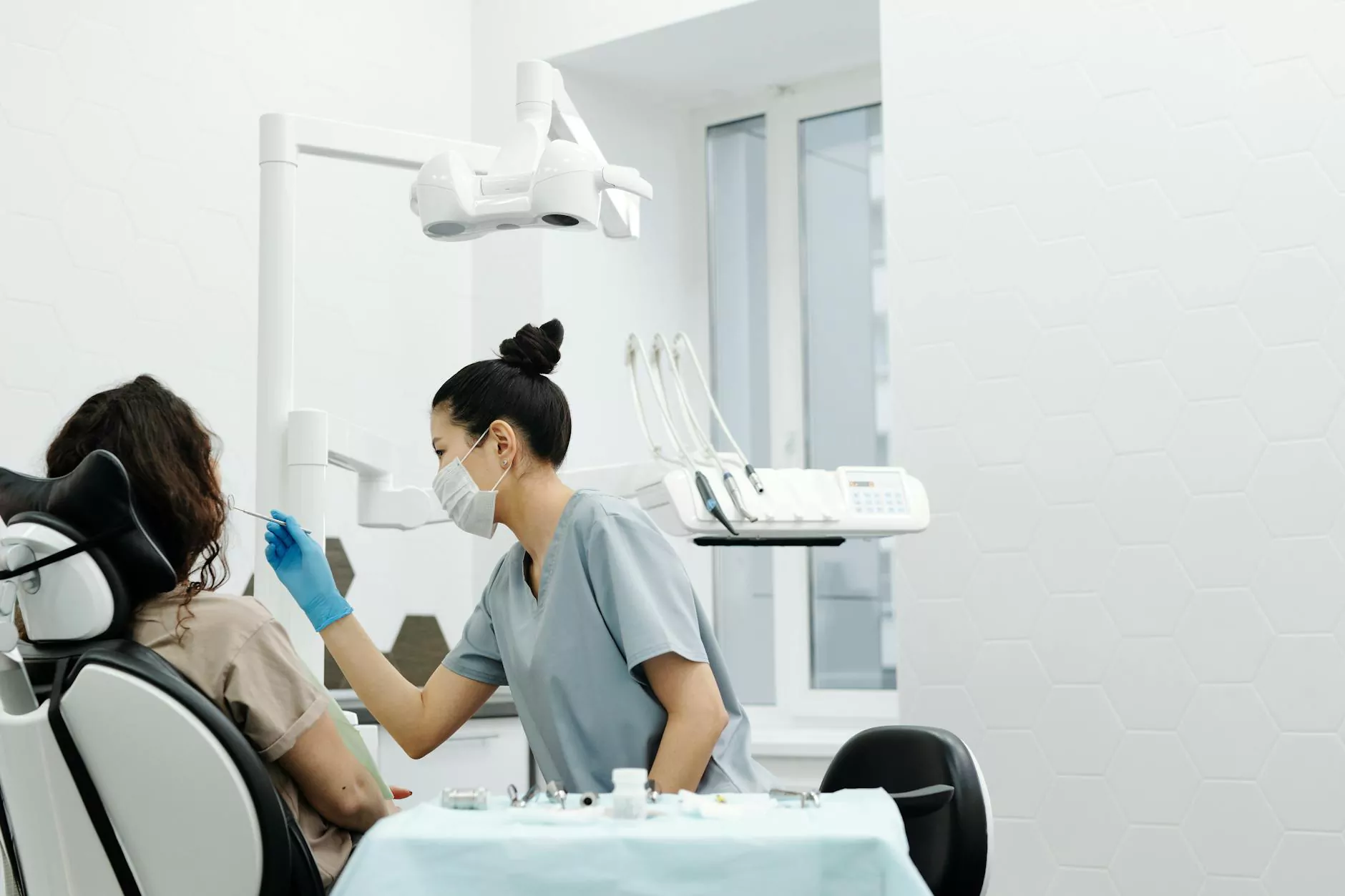The Importance of the Dermis in Skin Health and Beauty

The dermis, a term derived from Latin, plays an integral role in our skin's health and beauty. Positioned beneath the epidermis, this crucial layer is essential not only for the physiological processes of the skin but also for maintaining its aesthetic qualities. In this comprehensive article, we will explore the complex structure and functions of the dermis, delve into innovative treatments available at medical spas, and outline effective skincare strategies to enhance and protect this vital skin layer.
Understanding the Layers of Skin
The human skin consists of three primary layers: the epidermis, the dermis, and subcutaneous tissue. Each layer plays a unique role in protecting our bodies and maintaining overall health.
- Epidermis: The outermost layer, providing a waterproof barrier and skin tone. It is composed of multiple layers of cells.
- Dermis: Located beneath the epidermis, the dermis contains connective tissues, hair follicles, and various glands. It is responsible for the skin's strength and elasticity.
- Subcutaneous Tissue: The deepest layer, made of fat and connective tissues, helping to insulate the body and absorb shock.
The Structure of the Dermis
The dermis is a thick layer of connective tissue that is primarily composed of collagen and elastin fibers. This structure is crucial for maintaining the skin's elasticity and firmness. The dermis can be divided into two primary layers:
1. Papillary Dermis
The uppermost region of the dermis is known as the papillary dermis. It contains thin collagen fibers and supports the epidermis by providing nutrients through a network of tiny blood vessels. The papillary dermis is also rich in sensory receptors that allow the skin to detect touch, pressure, and pain.
2. Reticular Dermis
Below the papillary layer lies the reticular dermis, which is thicker and denser. The reticular dermis contains larger collagen bundles and elastin fibers that provide strength and resilience to the skin. This layer houses essential components, including:
- Hair Follicles: Structures from which hair grows.
- Sebaceous Glands: Glands that produce natural skin oils (sebum).
- Sweat Glands: Glands crucial for thermoregulation and skin hydration.
- Blood Vessels: They nourish the skin and help regulate temperature.
- Collagen and Elastin: Proteins that give skin its strength and elasticity.
Functions of the Dermis
The dermis performs a multitude of essential functions that contribute to overall skin health:
1. Structural Support
As the framework of the skin, the dermis provides mechanical support, making the skin resilient against external forces.
2. Sensory Reception
The dermis contains countless nerve endings that make it sensitive to touch, temperature, and pain, allowing us to interact with our environment.
3. Regulation of Body Temperature
Through the dilation and constriction of blood vessels and the activity of sweat glands, the dermis plays a crucial role in thermoregulation, helping to keep the body at a stable temperature.
4. Healing and Regeneration
The dermis is instrumental in healing wounds. It contains cells that contribute to tissue repair and renewal, effectively supporting recovery from injuries.
Keeping the Dermis Healthy
Maintaining the health and vitality of the dermis is crucial for overall skin wellbeing. Here are some effective strategies to care for this important layer:
1. Hydration
Staying hydrated is essential for keeping the dermis plump and elastic. Drinking plenty of water and using a quality moisturizer can help maintain optimal skin hydration.
2. Balanced Nutrition
A nutritious diet rich in vitamins (like Vitamin C and E), minerals, and omega fatty acids can support the skin's structure and function. Antioxidants play a crucial role in combating oxidative stress, which can age the skin prematurely.
3. Sun Protection
UV radiation can damage the collagen and elastin in the dermis, leading to premature aging, sunspots, and increased risk of skin cancer. Regularly using sunscreen and protective clothing is essential to guard against these effects.
4. Regular Exfoliation
Exfoliating the skin helps remove dead skin cells, promoting cellular turnover and ensuring that products penetrate deeply into the dermis. Chemical and physical exfoliators can be used, but it is crucial to choose the right method based on your skin type.
5. Professional Skincare Treatments
Visiting a medical spa, such as those associated with dermis-md.com, provides access to advanced skincare treatments that can rejuvenate the dermis:
- Microneedling: Stimulates collagen production and enhances the texture and elasticity of the dermis.
- Laser Treatments: Promote collagen remodeling and reduce pigmentation irregularities.
- Chemical Peels: Improve skin tone and texture by removing dead skin cells, revealing fresh skin underneath.
- Dermal Fillers: Restore volume and smooth out wrinkles by filling in areas within the dermis.
Common Conditions Affecting the Dermis
Several common skin conditions can affect the dermis, leading to various aesthetic and health-related concerns:
1. Dermatitis
This inflammation of the dermis can result in red, itchy, and swollen skin. Identifying allergens or irritants is crucial for management.
2. Rosacea
A chronic inflammatory condition leading to facial redness. Proper skincare and medical intervention can help control flare-ups.
3. Acne
Caused by clogged pores and inflammation, acne can affect the dermis and lead to scarring if not treated effectively.
4. Aging
With age, collagen and elastin levels diminish, leading to sagging skin and wrinkles. Regular skincare and lifestyle choices can mitigate these signs of aging.
Conclusion: Prioritize Your Dermis for Radiant Skin
The dermis is an essential player in maintaining the beauty and health of our skin. By understanding its structure and functions, we can implement strategies to protect and nourish it. From quality skincare routines to professional treatments available at dermis-md.com, prioritizing the dermis will result in healthier, radiant skin. Embrace and invest in your skin health today, and enjoy the lasting impacts of a well-maintained dermis.









